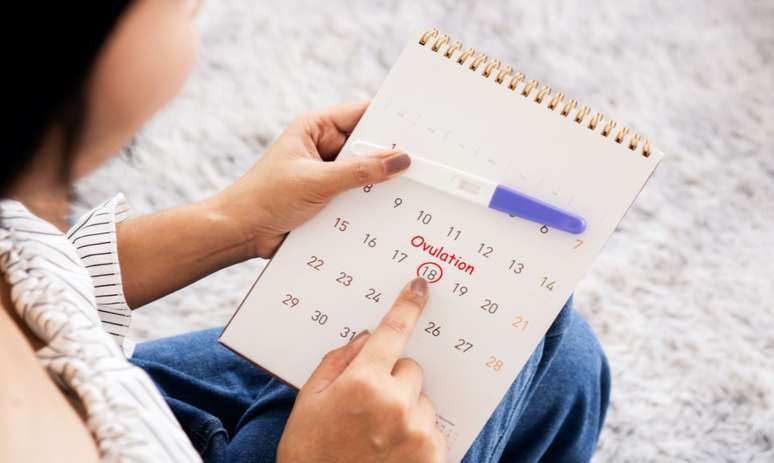Two new cases were confirmed by the State Department of Health; the victims were residents of Porto Alegre and Canoas, cities hit by the floods; Symptoms can appear within 30 days
The Department of Health (SES) of Rio Grande do Sul two more deaths due to confirmed on Wednesday 29th leptospirosis in the state. There are currently seven victims of the disease contaminated by the floods that have hit the cities of Rio Grande do Sul since the end of April.
The analyzes of the Central State Laboratory (Lacen) confirmed the infection of the victims, two men, aged 56 and 59, who lived in Porto Alegre and Canoas. Another 10 deaths remain under investigation and 141 cases have already been confirmed.
Leptospirosis
A leptospirosis is an acute febrile infectious disease transmitted by direct or indirect exposure to the urine of infected animals (mainly rats), which may be present in the water or mud of flooded areas. “Contagion occurs through skin contact with contaminated water or through mucous membranes”, reinforces the Department of Health of Rio Grande do Sul.
How is leptospirosis transmitted?
The disease is transmitted through direct or indirect exposure to the urine of animals, mainly rats, infected with the bacterium Leptospira.
Symptoms can appear five to 14 days after contamination and can last up to 30 days. In case of fever, headache, weakness, muscle pain (especially in the calf) and chills, the population is advised to contact the health service.
Given the notification, the secretariat warns of the importance of the population seeking a health service if they observe the following symptoms:
- Fever;
- Heachache;
- Weakness;
- Body pain (especially in the calf);
- Chills.
Diarrhea, joint pain, conjunctival redness or hemorrhage, photophobia, eye pain, and cough may also occur.
According to the SES, treatment of the disease is started immediately after the suspicion is confirmed by healthcare professionals. Mild cases receive outpatient treatment while more severe cases require immediate hospitalization.
Guidelines to follow:
- In places invaded by rainwater it is recommended to disinfect the environment with bleach (2.5% sodium hypochlorite), in the proportion of a glass of bleach for a 20-litre bucket of water.
- Store food in hermetically sealed containers;
- Keep the kitchen clean and free of food debris and remove food scraps or pet food before dark;
- Keeping the ground clean and avoiding debris and accumulations of objects in yards help to avoid the presence of rodents;
- Sunlight also helps kill bacteria;
- Avoid contact with flooded water or mud and prevent children from swimming or playing in these waters. If this is not possible, the use of rubber boots and gloves (or double plastic bags tied around hands and feet) is recommended;
- For rodent control it is also recommended to disinfect and seal water tanks, seal cracks and openings on doors and walls, etc. The use of rodenticides (kidnapping) should only be carried out by appropriately trained technicians.
Source: Terra
Ben Stock is a lifestyle journalist and author at Gossipify. He writes about topics such as health, wellness, travel, food and home decor. He provides practical advice and inspiration to improve well-being, keeps readers up to date with latest lifestyle news and trends, known for his engaging writing style, in-depth analysis and unique perspectives.









